Before now…
- In the summer of 2020 I set out on an open-ended research journey exploring why relationships matter and whether people who put relationships at the heart of their work feel connected to others doing the same. I was lucky to collaborate with The Relationships Project on this and my time was mostly funded by a Paul Hamlyn Ideas and Pioneers Award (which incidentally is an amazing fund and you should check it out if you haven’t already).
- In March 2021 I shared some emerging insights and reflections in ‘Through Thick and Thin’. In this research report I identified the need for greater collaboration and collective action if we are to achieve what many people desire: a world where good relationships are fostered in all aspects of our shared and common life, where they are seen not as the ‘extra mile’ but as the first mile.
- At the same time I shared a starter for 10 for what an infrastructure for relationships could do to support this vision and how. And since then The Relationships Project and I have been experimenting in small ways to start bringing these ideas to life by catalysing a conversation on the tricky question on how to measure relationships and by working with Grapevine to bolster collective efforts locally and nationally on what relationship-centred high street recovery looks like in the months and years ahead.
This week The Relationships Project has submitted an expression of interest to the Bringing People Together Fund at the National Lottery Community Fund to bring to life the idea of an infrastructure for relationships
In February this year, Joe Mitchell and friends in the democracy sector shared their application for a grant to support greater networking and connectivity. They described a ‘magical future’ where grant bids are always published. They made the compelling case that if we all did it more it would help grant-writers compare their efforts with others and could raise the quality of grant apps over time. It would help different organisations who put in similar bids realise that they could probably work together in future. We think this is a very good idea so we’re doing the same.
So you can read the full proposal here. But to save you some time, here are a few highlights:
In short, the expression of interest we’ve submitted to the Lottery is for a two year project to design, test and build the necessary infrastructure to support shared learning and collaboration in the field of relationships and relationship-centred practice in the coming decades.
We believe an infrastructure for relationships is needed to boost collective action, therefore we have started as we mean to go on by developing this proposal with others. We are especially grateful to the following friends for their honesty and ambition in helping hone the ideas and content of this proposal: Clare Wightman and Mel Smith at Grapevine, Lily Piachaud at New Constellations, Rosie Evans at Saffron Foundation, Alex Evans at Larger Us, Zoe Cumberland at The Connection Coalition, the team at The Roots Programme, David Barclay at Good Faith Partnership and Andy Dixon.
Why infrastructure?
We aren’t alone in being big fans of infrastructure. From migration to democracy, infrastructure creates the conditions for big paradigm shifts; for practices which are disbursed and fragmented to move from the margins to the mainstream. Done well it is the work that few people notice but creates the conditions for a sector or society to operate efficiently and effectively.
The infrastructure for relationships we think is needed would seek to:
- Connect people who are in the currently fragmented field of relationships by creating opportunities to share, learn and collaborate focused on the needs of the field.
- Grow momentum, energy and funding for relationship-centred practice including amongst those who are skeptical of relationship-centred practice.
- Design and seek long-term funding to sustain an infrastructure for relationships rooted in the learnings from these initial 2 years.
At the heart of this infrastructure would be ‘The Collective’: a gathering of organisations representative of the diversity of the field of relationships across perspectives, sectors, communities, identities and geographies. The Collective would be a ‘servant-leader’ group, focused on convening, plugging gaps, generous activity and practical action.
This group would be recruited openly, define their priorities once recruited and be remunerated for their time. The Relationships Project will provide administrative and coordination support to the recruited collective.
The priorities:
The Collective would ultimately decide what its priorities are and how to grow and build connectedness, sharing and learning in the field, but a few ideas for what his project would seek to develop over the two years are:
- Developing a comprehensive network map of the field of relationships, populated publicly, helping people see where they fit in the landscape, identify fellow travellers and possible collaborators.
- Delivering breakthrough experiments that The Collective identify to meet the needs of the field and have the potential to unlock societal progress towards a relationship centred world. Examples of this include: a collaborative initiative to shape relational philanthropy practice; and peer-to-peer learning group focused on how best to measure the impact of relationship-centred approaches.
- Developing a set of open and evolving handbooks which help users navigate the evidence base around relationship-centred practice, and find practical resources to strengthen their work.
- Growing a diverse community who share a commitment to building a relationship-centred world.
- Piloting funder collaborations to unlock new sources of funding for relationship-centred approaches.
- Seeking funding for the continuation of the infrastructure for relationships if successful.
We’re doing this because we believe:
- By nurturing a field of organisations, communities and individuals who are prioritising relationships, we will create and strengthen new, more inclusive networks, decision making processes and flows of power.
- It is only by putting relationships first that power can be more evenly distributed, and only through better relationships that people and communities everywhere can thrive.
- We will foster stronger collaboration by building infrastructure that brings people together to share practice and which in turn will strengthen the relationships they foster in communities, especially those which are so-called left behind.
- We are focused on creating longer-term change by creating the conditions and support for communities to place good relationships at the forefront and heart of change.
After 2 years sustainable success would be indicated by:
- People from all four nations, some already known to us, many not, have participated in the experiment. New people join the work continuously. From the outset we will be drawing together organisations and individuals from diverse perspectives and experiences.
- People tell us they are making new and valuable connections that foster solidarity, learning and new collaborations. They learn from and are inspired by things they hear/see/learn/do.
- We try new things and learn from them. Some succeed/are valuable, others don’t/aren’t.
- People don’t feel like we are leading this for them/doing this to them, but we’re supporting them to explore and experiment with things they’ve been thinking about but haven’t had capacity to do themselves.
- People are able to access new types of funding to help them work in this way; they’re able to make a compelling case for why their approach is important, giving it a better chance of sustainability.
We’ve applied for £300,000 (the highest possible amount from this fund) to do this work. If successful, funding will be used to: 1. Provide some core capacity to coordinate The Collective and wider field mobilisation; 2. Provide some project costs for experiments to strengthen the field; 3. Provide an annual contribution / honorarium / grant to facilitate and sustain the engagement of Collective members.
We need you
The thing about wanting to build infrastructure to bolster collaboration and collective action is that you need people to want to find time in their busy days, alongside busy jobs and lives, to engage in it with energy, consistency and commitment. If your ideas aren’t compelling or your offer isn’t appealing, you simply won’t get engagement.
Therefore this proposal is based on all our conversations and research over the last 18 months. We believe that there is the need, the appetite and the opportunity to build a collaboration that is useful and worthwhile but we are only just beginning. So we need your views, thoughts, critiques and ideas for how this thinking could be strengthened. Please get in touch to tell us what you think by email or we could have a chat.
Read more
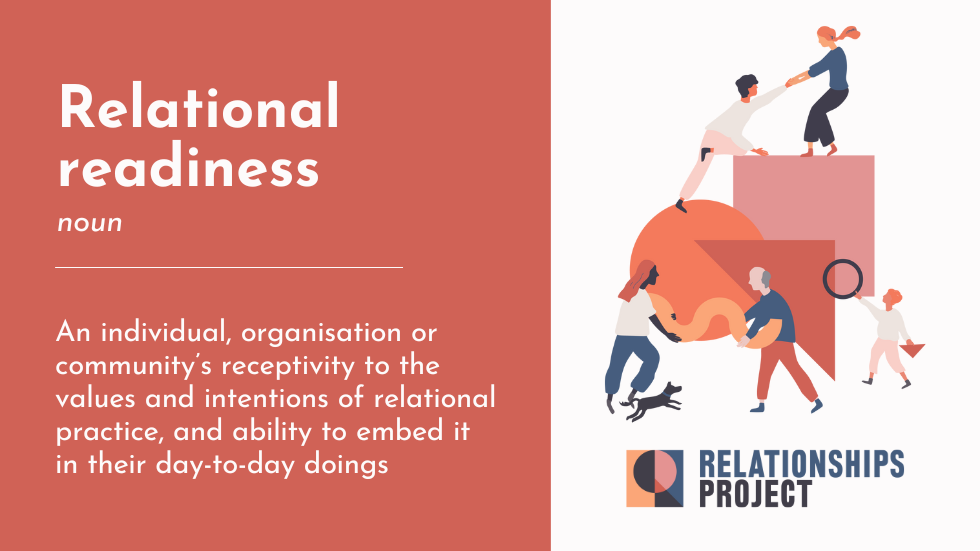
Relational readiness
In brief As our plans to establish a Relational Practice Academy take root and grow, we’ve been thinking about ‘relational readiness’. In this blog, we share why we believe it to be an important concept, and ask for your thoughts on the markers of an organisation,...
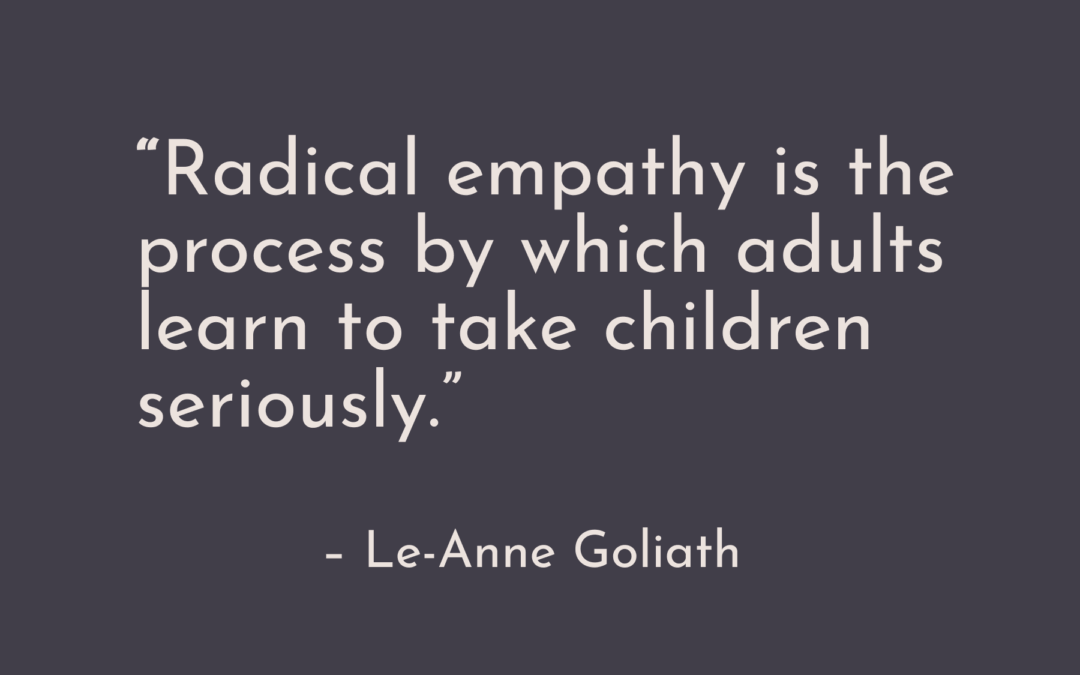
Taking children seriously: A radical empathy for our times
Le-Anne Goliath is a doctoral researcher in Social Psychology at the University of Sussex. Her research examines how radical empathy can foster resilience and a sense of belonging in children affected by trauma in schools. Originally from Cape Town, she has taught...
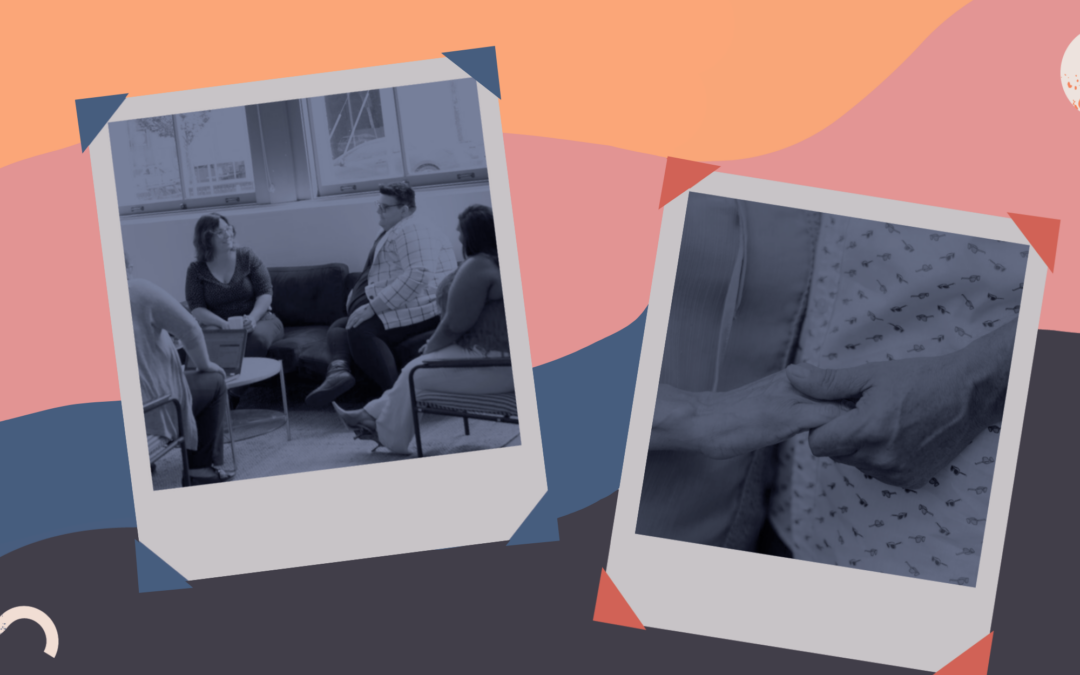
A birth and a knock to the head
When we’re unwell, how does the compassion that healthcare workers give (or fail to give) shape our experiences and health outcomes? In this blog, Rosa explores these questions, and shares two personal experiences that have shaped her thinking - (accidentally) giving...
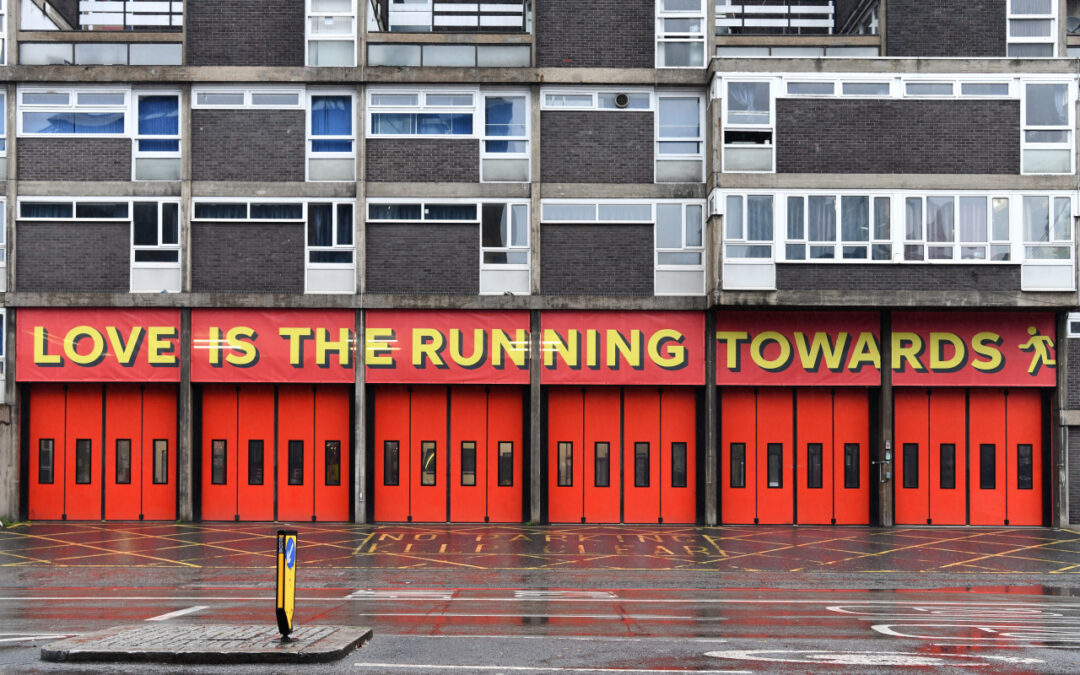
Four signs: Love is the running to strangers
In this short, personal blog, David reflects on the power of kindness, and runningthrough fire.Early one morning "I’m leaving today." "Leaving?" I said, puzzled by the early morning call and pushing back sleep, "Where are you going?" "Leaving," she said slowly,...
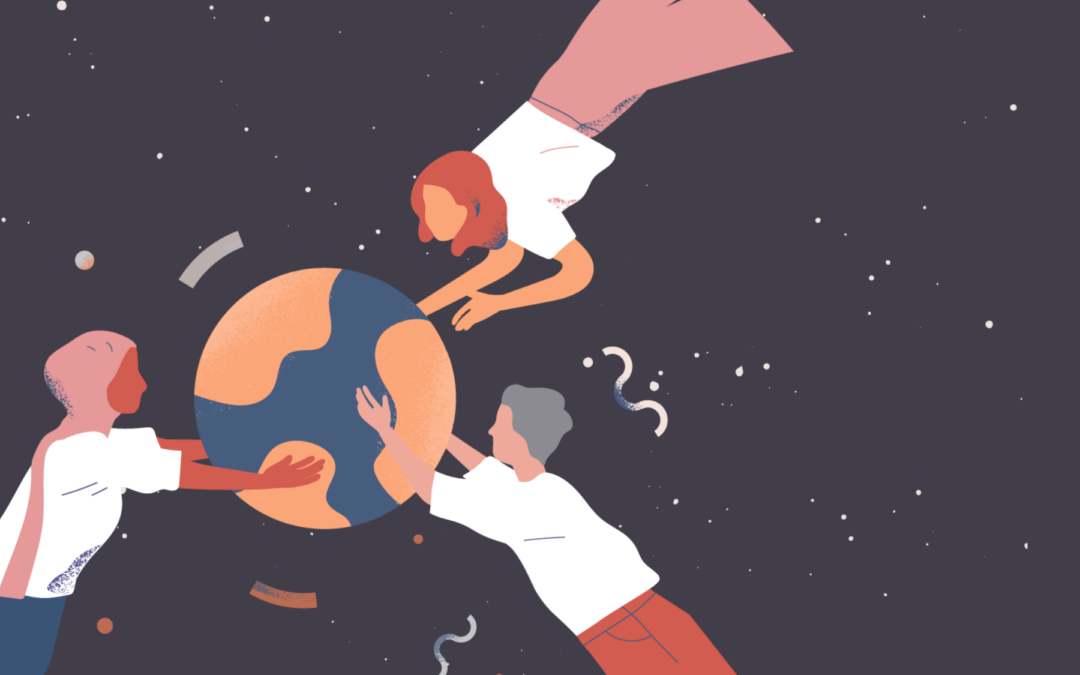
Our plans for a Relational Practice Academy: Where we’ve got to
In David Robsinon’s LSE lecture in 2023, he talked about the idea of responding to the increasing demand for knowledge about relationship-centred practice by developing a new training institution. We published a blog last autumn setting out more detail and invited...
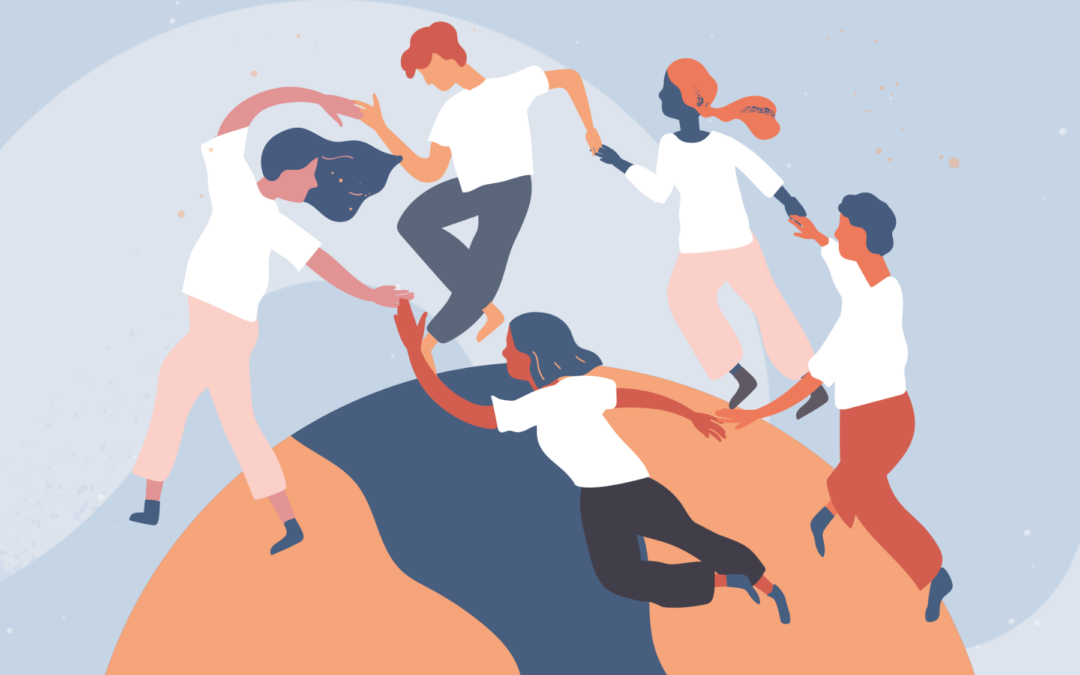
The Relational Neighbourhood
In brief Nick Sinclair and David Robinson have been mulling over a new blog for a while. It has been almost five years since their pandemic reflection on “the art of the covenant” (2020). A lot has changed since then but the underpinning principles of their thinking...
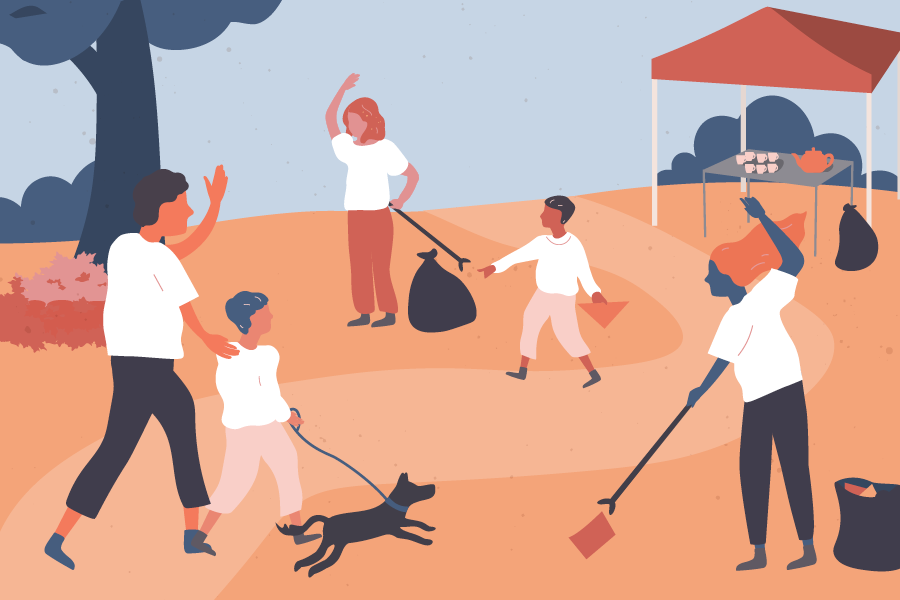
Letting the nation in: how a drive to promote relational practice could boost mission-based government
Introduction Nine months have passed since the general election. A new PM and a new generation of ministers have settled into post. They have had time to assess the legacy from the last administration and familiarise themselves with the ongoing work of every...
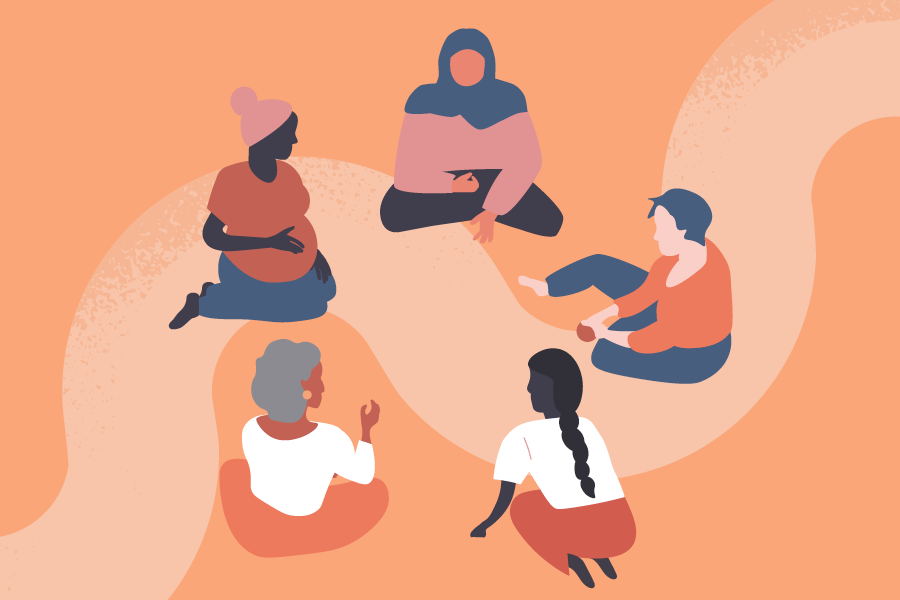
A relational approach to public policy: why it’s now essential
Introduction Nine months have passed since the general election. A new PM and a new generation of ministers have settled into post. They have had time to assess the legacy from the last administration and familiarise themselves with the ongoing work of every...
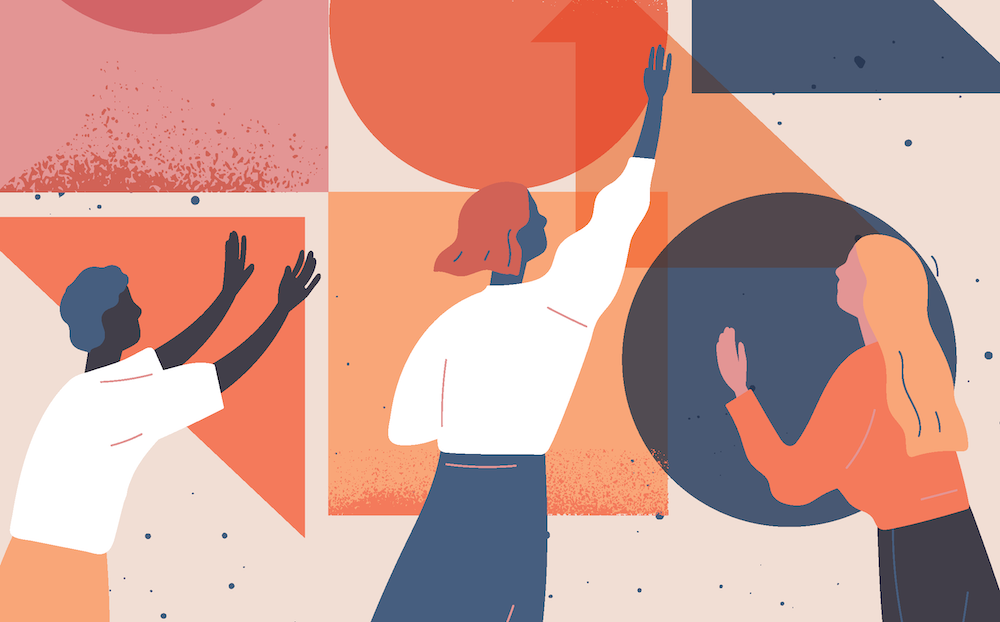
Defining our terms: customising, personalising and making relational
We posted a blog about relational offsetting a couple of weeks ago. In discussing our own ideas, and in looking at what others have said and written, we noticed differences in how we understand the key words. We thought it would be useful to set out our understanding...

How to have it all: relational offsetting
In brief This month, the UK government announced a huge public rollout of AI. If the plans embrace relational offsetting, it could allow us to prioritise human relationships where they really matter. Our hope is that 2025 will be the year when relational offsetting...
